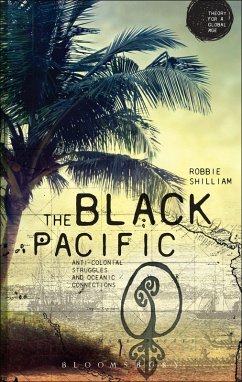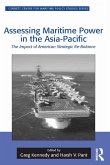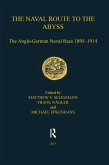This book is available as open access through the Bloomsbury Open Access programme and is available on www.bloomsburycollections.com.
Why have the struggles of the African Diaspora so resonated with South Pacific people? How have Maori, Pasifika and Pakeha activists incorporated the ideologies of the African diaspora into their struggle against colonial rule and racism, and their pursuit of social justice?
This book challenges predominant understandings of the historical linkages that make up the (post-)colonial world. The author goes beyond both the domination of the Atlantic viewpoint, and the correctives now being offered by South Pacific and Indian Ocean studies, to look at how the Atlantic ecumene is refracted in and has influenced the Pacific ecumene. The book is empirically rich, using extensive interviews, participation and archival work and focusing on the politics of Black Power and the Rastafari faith. It is also theoretically sophisticated, offering an innovative hermeneutical critique of post-colonial and subaltern studies.
The Black Pacific is essential reading for students and scholars of Politics, International Relations, History and Anthropology interested in anti-colonial struggles, anti-racism and the quests for equality, justice, freedom and self-determination.
Why have the struggles of the African Diaspora so resonated with South Pacific people? How have Maori, Pasifika and Pakeha activists incorporated the ideologies of the African diaspora into their struggle against colonial rule and racism, and their pursuit of social justice?
This book challenges predominant understandings of the historical linkages that make up the (post-)colonial world. The author goes beyond both the domination of the Atlantic viewpoint, and the correctives now being offered by South Pacific and Indian Ocean studies, to look at how the Atlantic ecumene is refracted in and has influenced the Pacific ecumene. The book is empirically rich, using extensive interviews, participation and archival work and focusing on the politics of Black Power and the Rastafari faith. It is also theoretically sophisticated, offering an innovative hermeneutical critique of post-colonial and subaltern studies.
The Black Pacific is essential reading for students and scholars of Politics, International Relations, History and Anthropology interested in anti-colonial struggles, anti-racism and the quests for equality, justice, freedom and self-determination.









